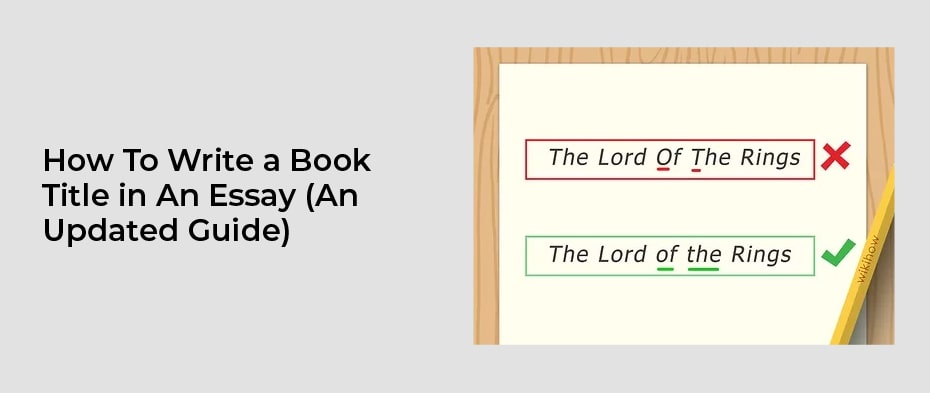How to Cite in a Speech: When creating a speech, you must keep track of all sources. Chances are, you will consult dozens of sources. Although you may feel that the information you’re citing is common knowledge, citing all sources in your speech is important. There are several methods for doing this.
How to Cite in a Speech in 2023
Information To Include In A Citation
If you need to cite a source in a speech, you should know what information to include in your citation. The basic information you need to include is the author’s name, authority, website, and publication date. You can also include the date you accessed the source using a website.
First of all, the citation should be brief. It is difficult to understand lengthy references. Make sure that you include only the most important information. If there are multiple authors, mention both. Otherwise, mention only the first author. If there are multiple authors, you can also include “and associates,” “and colleagues,” or “and co-authors.”
Formats Of Citations
Citing sources is an important aspect of writing a speech. There are two main formats of citations: in-text citations and bibliography citations. In-text citations should include the speaker’s last name, the name of the paper they are citing, and the year they were published.
Citations must be properly formatted depending on the type of speech and the referencing style used. APA Style requires that the speaker’s name and the speech date be included in the citation. Likewise, when citing a meeting or lecture, an entry should include the sponsor, location, and event date. In addition, there should be adequate details regarding the source to enhance the credibility of the speech.
Direct Quotation
While the use of direct quotations is a great way to emphasize a point, you need to be careful when citing sources in your speech. You may use too many quotations, or too few, depending on your purpose. A citation should be brief, and it should only be necessary to make your point. You can consult a citation style guide for more information.
Direct quotations should always be set off from the main clause by commas. You may also insert a period, question mark, or exclamation mark when using a quotation. When closing a quotation, you can use a colon or semicolon. Indirect quotations are not considered direct quotes because they are not stated directly but rather are an indication of the general idea of the speaker.
Paraphrases
There are many benefits to paraphrasing. Paraphrasing is a technique that requires you to take the words of another person and rewrite them in your own words. It allows you to make your speech unique and original. Here are some tips to make paraphrasing more effective:
Paraphrasing involves replacing important words with other words. The words can be synonyms or even the same word. For example, “you are very young” can be paraphrased into “I am young” or “you’re a teen.” If you’re referencing a study that claims that HIV is a growing problem, you can paraphrase, “The problem is that children in this region are more vulnerable to the disease.”
Short Titles
Citing an article or book with a short title can be tricky. First, you need to know which kind of citation style to use. In MLA citation style, you must state the author’s last name, the book or article’s name, and the source’s title. Unless the title of the work is short, you should use the first two or three words of the original title. You should also include any keywords in the shortened title to make it easier for readers to identify the source.
When writing a short title, always start the first word of the title with a capital letter. You must also use the proper format for the title of the speech. Use proper capitalization for all the words in the title. You must also capitalize the first word of the title if it is a book.
Read Also:- How To Use However
To make citations in MLA and Chicago/Turabian style, be sure to follow the title case, which means you should use the capital letter for every word, except the conjunctions. It is also important to avoid italicizing or underlining the title. This rule also applies to meeting and conference titles.
